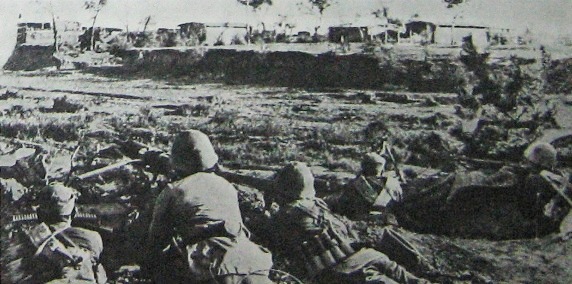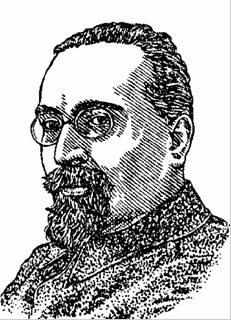I've heard people say that by 1945, Communist victory was inevitable. They usually contend that the Communists were very popular and that KMT corruption would have doomed their chances of victory regardless of any hypothetical changes in Nationalist strategy. Personally, I've been under the impression that the war was still winnable for the Nationalists in 1945 and 1946 if some battles go differently.
What do you think? When did Communist China become an forgone conclusion and what, if anything, could the Chiang and the KMT have done differently during the 1940s to win the Civil War?
What do you think? When did Communist China become an forgone conclusion and what, if anything, could the Chiang and the KMT have done differently during the 1940s to win the Civil War?




